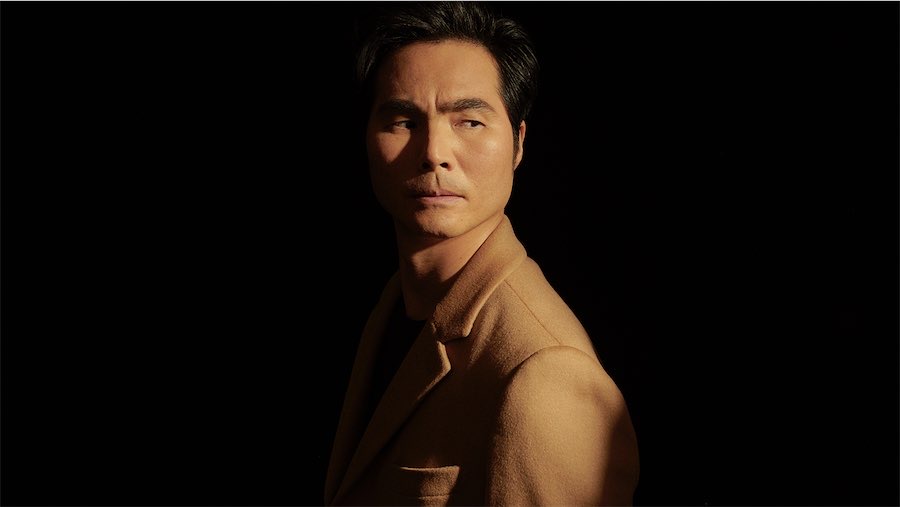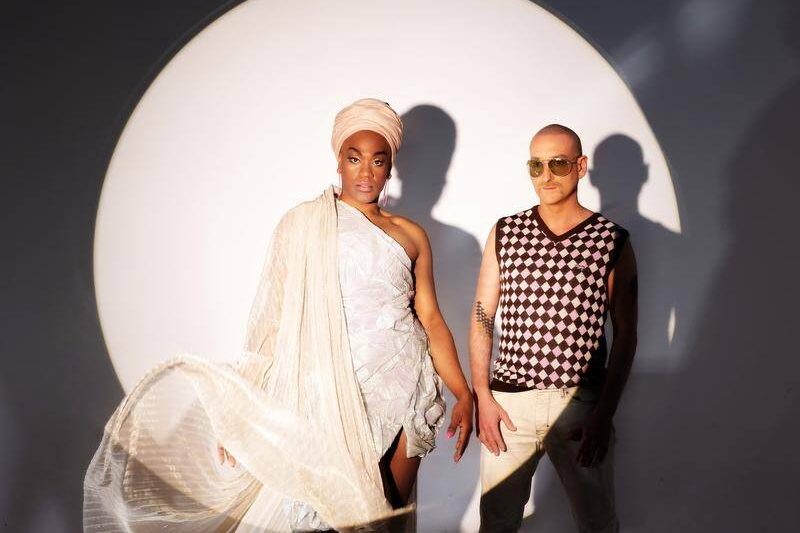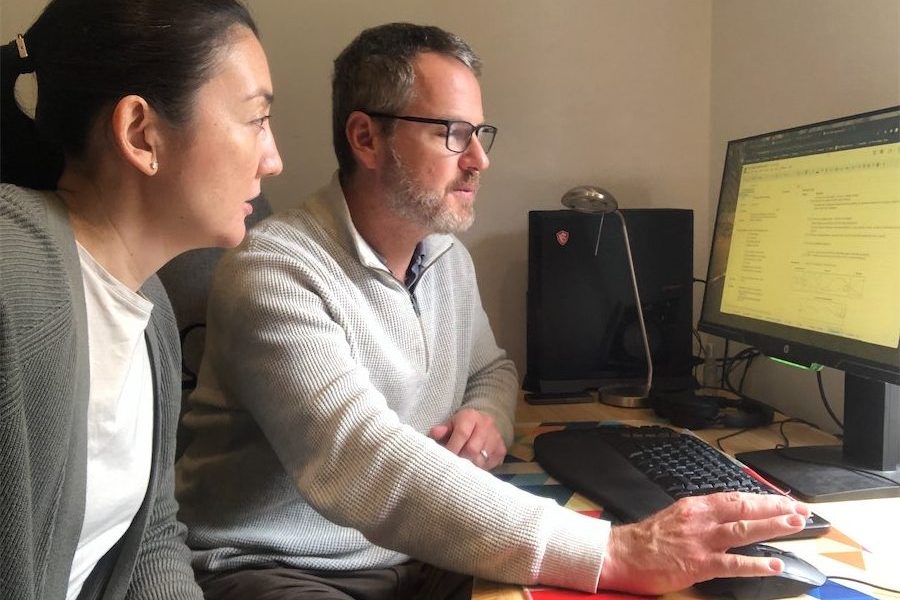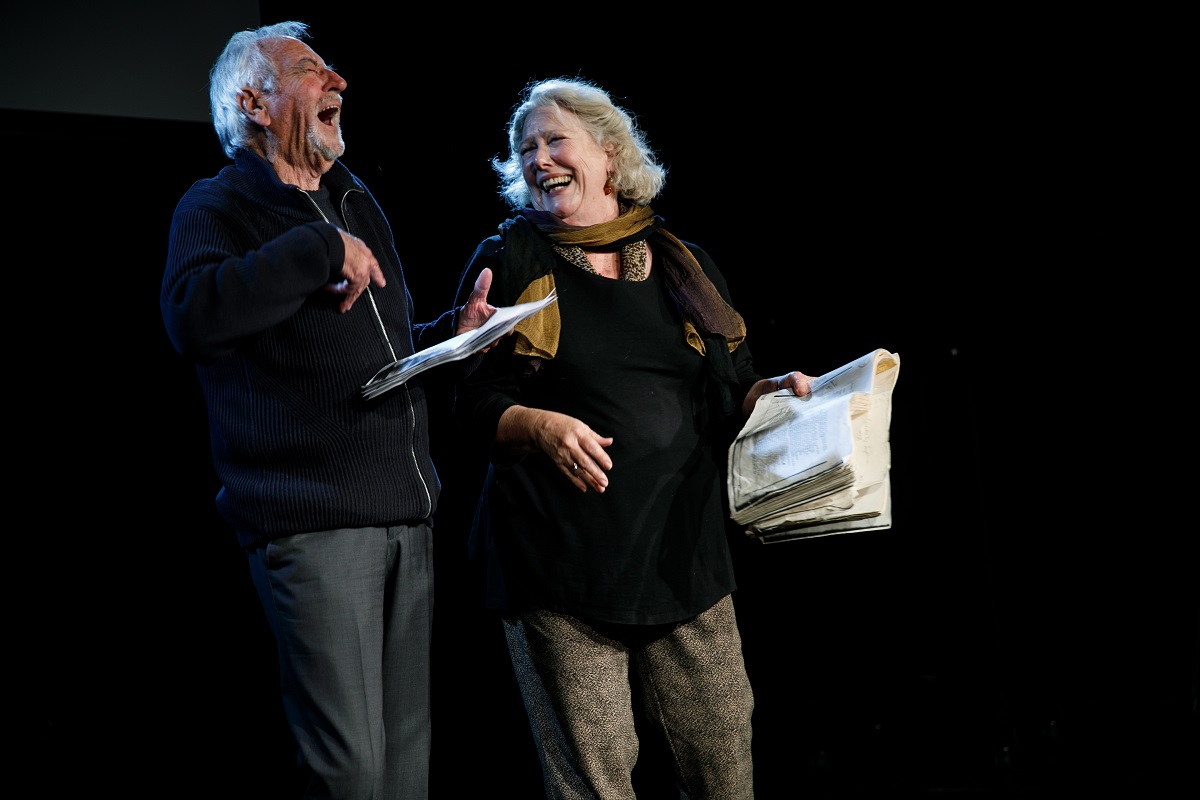
This is an updated version of the story posted on July 14.
WHEN I catch up with tenor Yonghoon Lee, soon to perform the title role in Verdi’s “Otello” at Sydney Opera House, he’s in quarantine and pacing around his hotel room like a caged tiger.
The effects of the Sydney lockdown exacerbated problems of rehearsing the role, even though Opera Australia at the time felt confident the production would run until the end of July as planned. But that was not to be and covid sent the season into the New Year, starting on February 19.
Casting Lee in the role of the great Moorish general, first immortalised by Shakespeare and then by Verdi in his operatic version, is of considerable interest. For while colour-blind casting is almost de rigueur across the theatrical spectrum, it is not so for Othello.
Clearly depicted by Shakespeare as a black man, here in Australia we’ve seen Shakespeare’s Othello played by Aboriginal and Pacific Islander actors, but it is unusual to find an Asian performer playing the role.
However, to Yonghoon Lee it’s a natural mix.
There’s another matter, his voice register. Shakespeare’s “Othello” is often performed by a deep-voiced actor, Paul Robeson comes to mind. Even Laurence Olivier had to deepen his voice to play the role, but Verdi’s “Otello” is written for a tenor, in this case a very special tenor, since Lee has often been singled out by critics for praise because of his full voice.
“It’s the first time I’ve performed Otello,” he tells me.
“It’s a big part and the composer pitched the tone needed to represent his character, which is full of darkness and light.”
To those not in the know, the tragedy of Otello – a black hero in a white world – is that he is naïve and easily duped into believing that his innocent wife, Desdemona, has been unfaithful and takes a horrible, jealous revenge.
So, Lee explains, on the one hand Otello has to be seen in a positive light as a lover, on the other hand he’s a famous general who has fought many battles.
“He’s sweet, he’s a famous general and then he’s violent,” says Lee.
The question is whether a singer will have a low enough voice to encompass all these things.
“Verdi was looking for a tenor with a tone like a baritone – that’s the key,” he concludes.
“When I opened this role to study it, I was able to fully empathise with Otello’s situation.
“It reminded me of my debut days, coming into western opera as an Asian singer and being treated not well.”
“From my first competition on the world stage as an Asian singer, it was never easy and so Otello’s situation was one I totally emphasised with.
“Racism still exists in the operatic world and there are limited roles in western opera for an Asian to appear, but I strongly believe that art and music are a special situation that allows us to overcome limitations and discrimination and I firmly believe that sound cannot be limited by cultural appearance.
“I have to play every detail of the role and it gives extra energy to it.”
While he is full-voiced, he needs to be contrasted to the villainous Iago (the main antagonist), who has to signal sheer evil.
“I have to play a lot of different colours, Otello has psychological problems… conflict and anxieties show up in the varying colour of the voice, which should be heard clearly so that the audience can understand, even in one short phrase.”
At 49, Lee is coming into his own as an artist, and Otello is a dream role for him, even with the obstacles caused by covid.
He’s met his opposite number, Karah Son, making her debut as Desdemona, when they were both performing in Bologna in 2012, but not since.
“I rarely perform with a Korean singer, and now I can sing with her as a colleague,” he says, with some pleasure.
As for the baritone playing the sinister character of Iago, that’s Italian baritone Marco Vratogna. He’s already played opposite him in “Tosca” and says they love working together, “he’s very strong in his character,” he adds.
Verdi’s “Otello”, Joan Sutherland Theatre, Sydney Opera House, February 19-March 19. Book at opera.org.au or 9318 8200.
Who can be trusted?
In a world of spin and confusion, there’s never been a more important time to support independent journalism in Canberra.
If you trust our work online and want to enforce the power of independent voices, I invite you to make a small contribution.
Every dollar of support is invested back into our journalism to help keep citynews.com.au strong and free.
Thank you,
Ian Meikle, editor




Leave a Reply